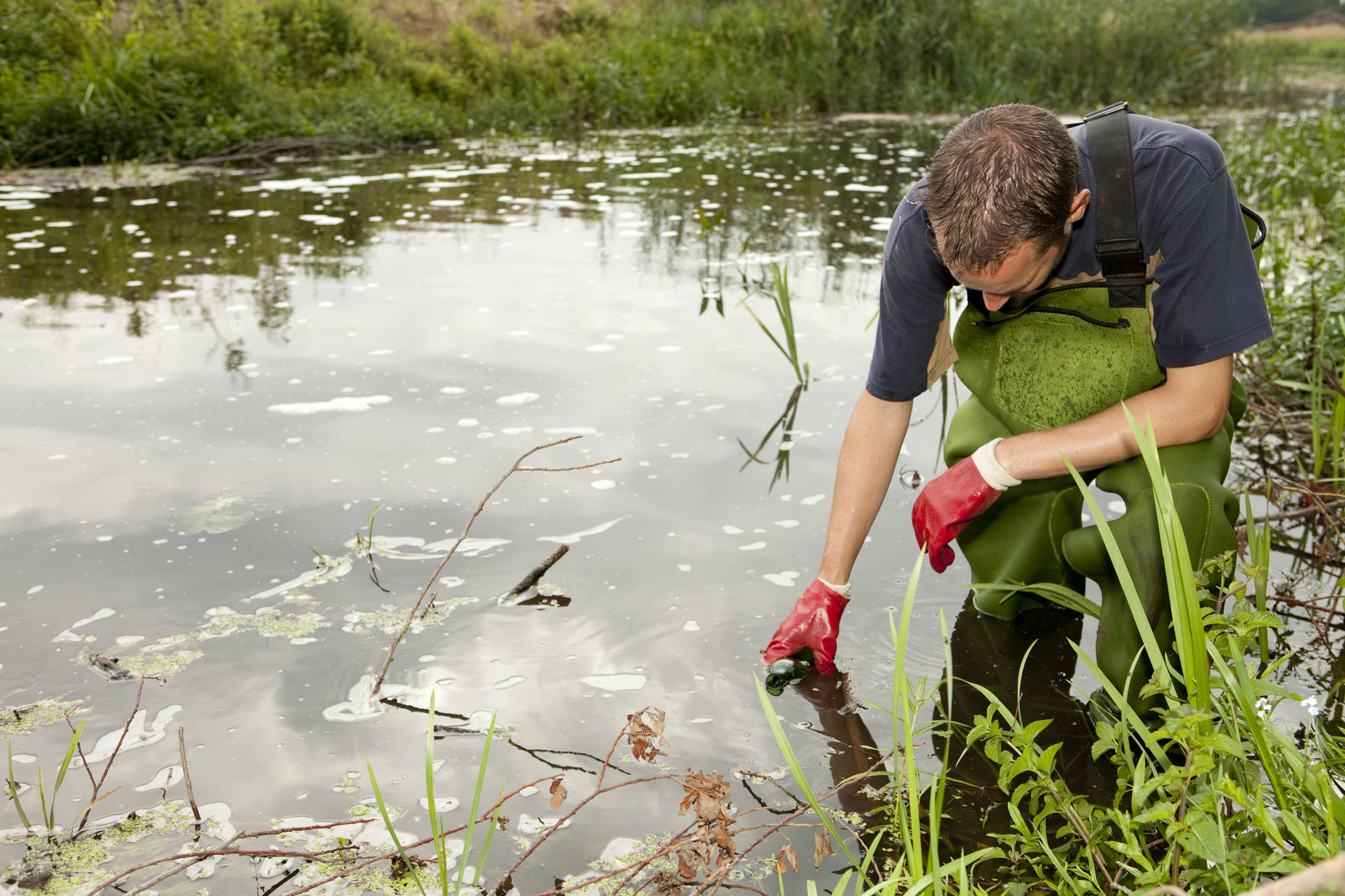The federal government has announced that it is taking action to address water quality and ecosystem health issues in Lake of the Woods.
The government allocated up to $19.5 million over five years in the 2016 Budget to enable Canada to study water quality, quantity and flooding issues in four Canada-United States boundary basins. Of this, $5.5 million will be allocated to Environment and Climate Change Canada to undertake the required scientific studies in the Canadian portion of the Lake of the Woods Basin.
“Science is at the core of our work, helping us to ensure a clean, safe and sustainable environment for Canadians,” said Catherine McKenna, minister of environment and climate change.
“Together with our partners in the United States, we are taking action to protect our shared water resources and to restore water quality and ecosystem health in Lake of the Woods.”
Canada and the United States have carefully reviewed the recommendations made by the International Joint Commission (IJC) in its January 2015 report, A Water Quality Plan of Study for the Lake of the Woods Basin. Building on the recommendations, the two countries have agreed that the most effective approach to address water quality issues in Lake of the Woods is for governments to develop and implement a binational science plan focused on phosphorus reductions within the basin.
“Development of a sustainability plan for the lake is the major goal of the Lake of the Woods Water Sustainability Foundation,” Todd Sellers, executive director of the Lake of the Woods Water Sustainability Foundation. “This investment will allow Canada to participate with the United States in the efforts to develop phosphorus concentration objectives and reduction targets to combat harmful algae blooms—a key pillar of a sustainability plan. We look forward to a suitable role for the IJC in monitoring and reporting on progress on this binational plan and to continuing to work with Environment and Climate Change Canada and other science agencies to address other areas of concern identified by the IJC, such as invasive species, contamination and monitoring.”
The IJC has extensive and unique experience in handling the full range of regional trans-boundary water issues. The governments of Canada and the United States will engage the IJC to ensure it has an active role in addressing water quality issues in the basin.
Collaborating with the IJC, First Nations, Métis, provinces and local stakeholders, such as the Lake of the Woods Water Sustainability Foundation, will produce new understanding that will benefit the residents of the Lake of the Woods Basin. Their studies will also contribute to a larger body of knowledge that could benefit others facing similar water quality issues.









